Curriculum Evaluation Assignment for Teacher Development Course
VerifiedAdded on 2022/12/30
|10
|784
|76
Homework Assignment
AI Summary
This assignment delves into the intricacies of curriculum evaluation, addressing its core phases and the application of interviews as a key evaluation instrument. The response outlines the four critical phases of curriculum evaluation: planning and information gathering, interpreting and implementation, completion, and evaluation. It then examines interviews, identifying their purpose as a method for direct candidate assessment. The assignment thoroughly analyzes the advantages of interviews, such as the potential for direct conversation and gaining unique perspectives, while also acknowledging significant challenges. These challenges include potential biases, the impact of poorly structured questions, the risks of inadequate follow-up, inconsistencies, and the need for substantial resources. The conclusion emphasizes the importance of addressing these challenges to ensure relevant and reliable outcomes in the evaluation process. The assignment uses relevant references to support the arguments.
1 out of 10
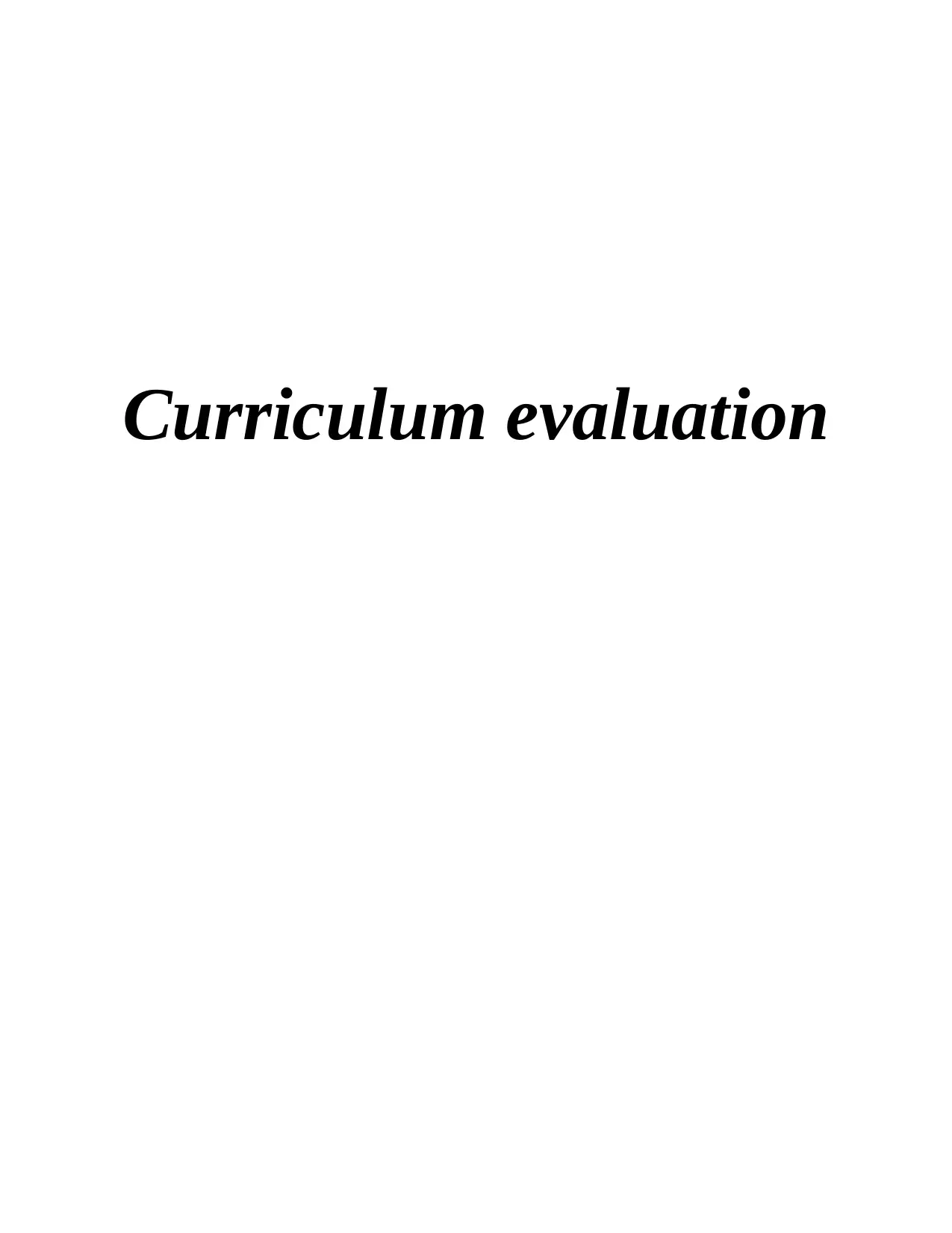
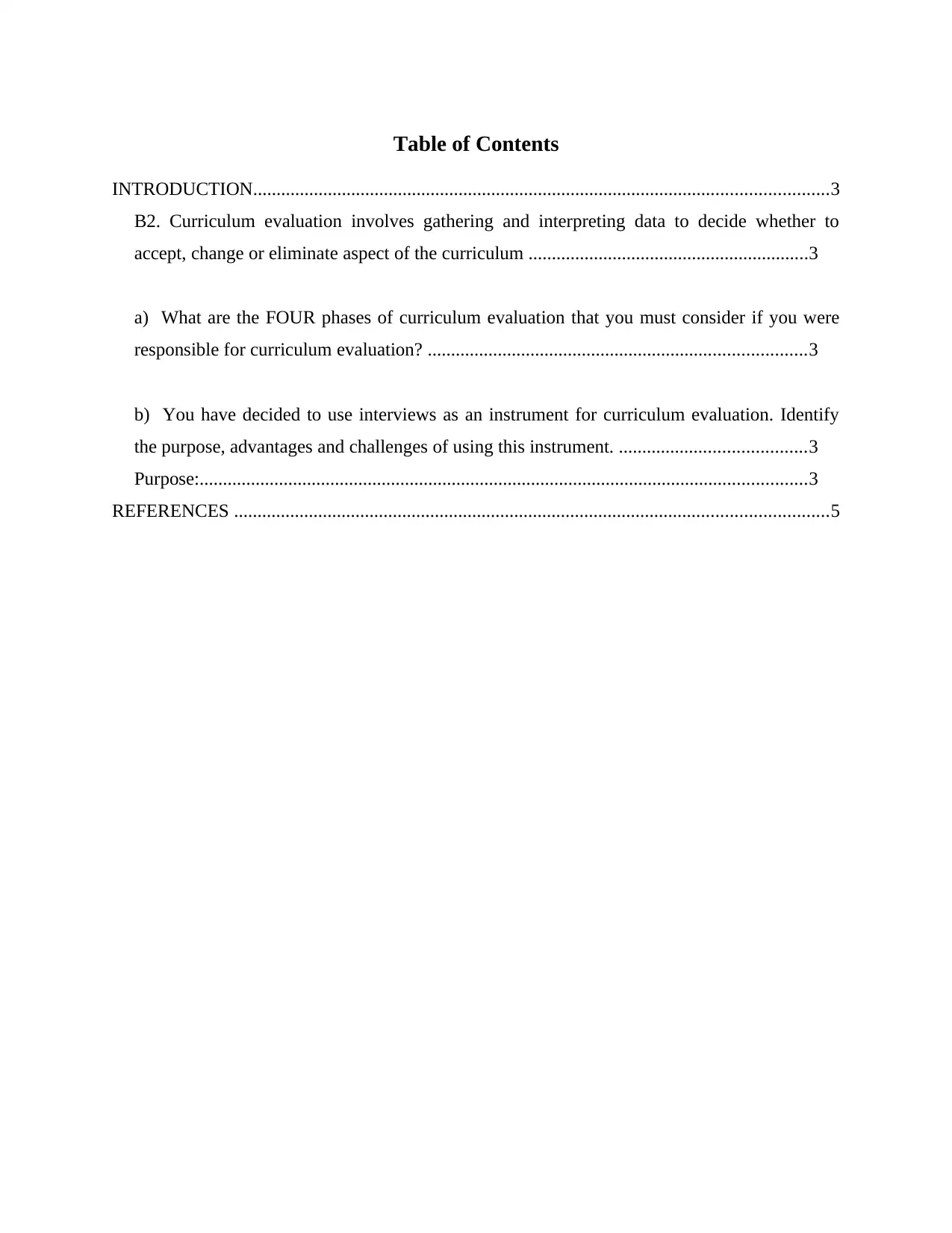
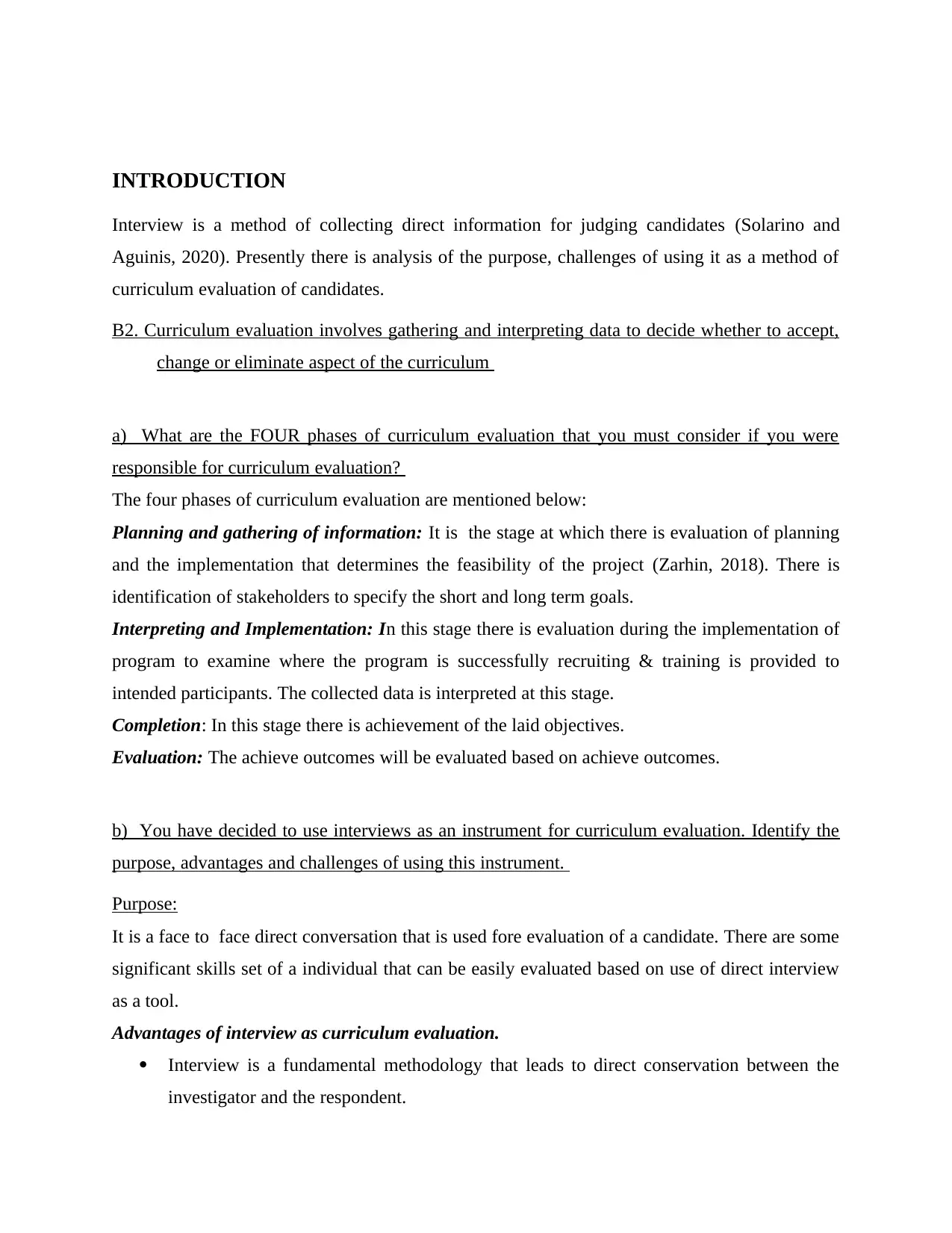

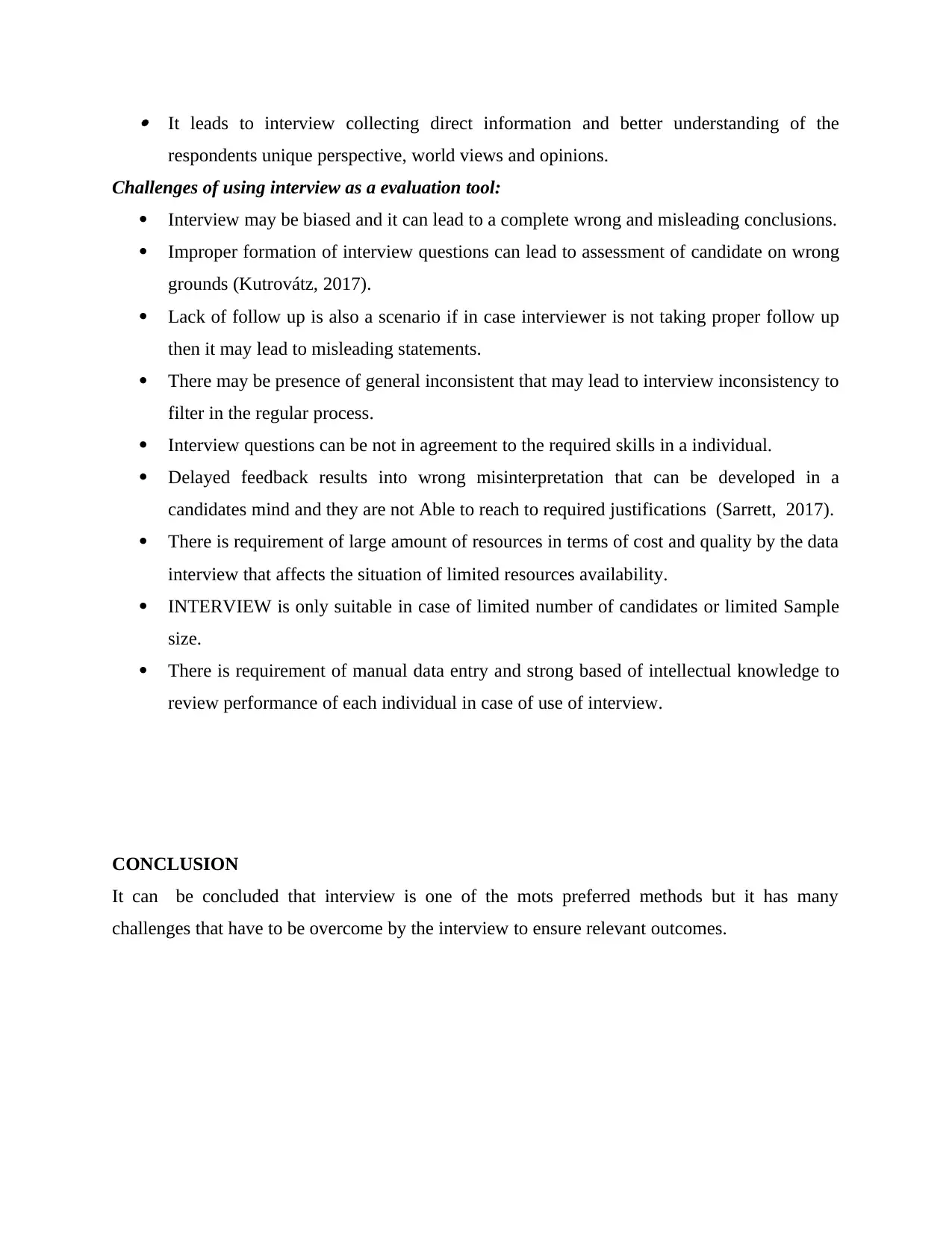
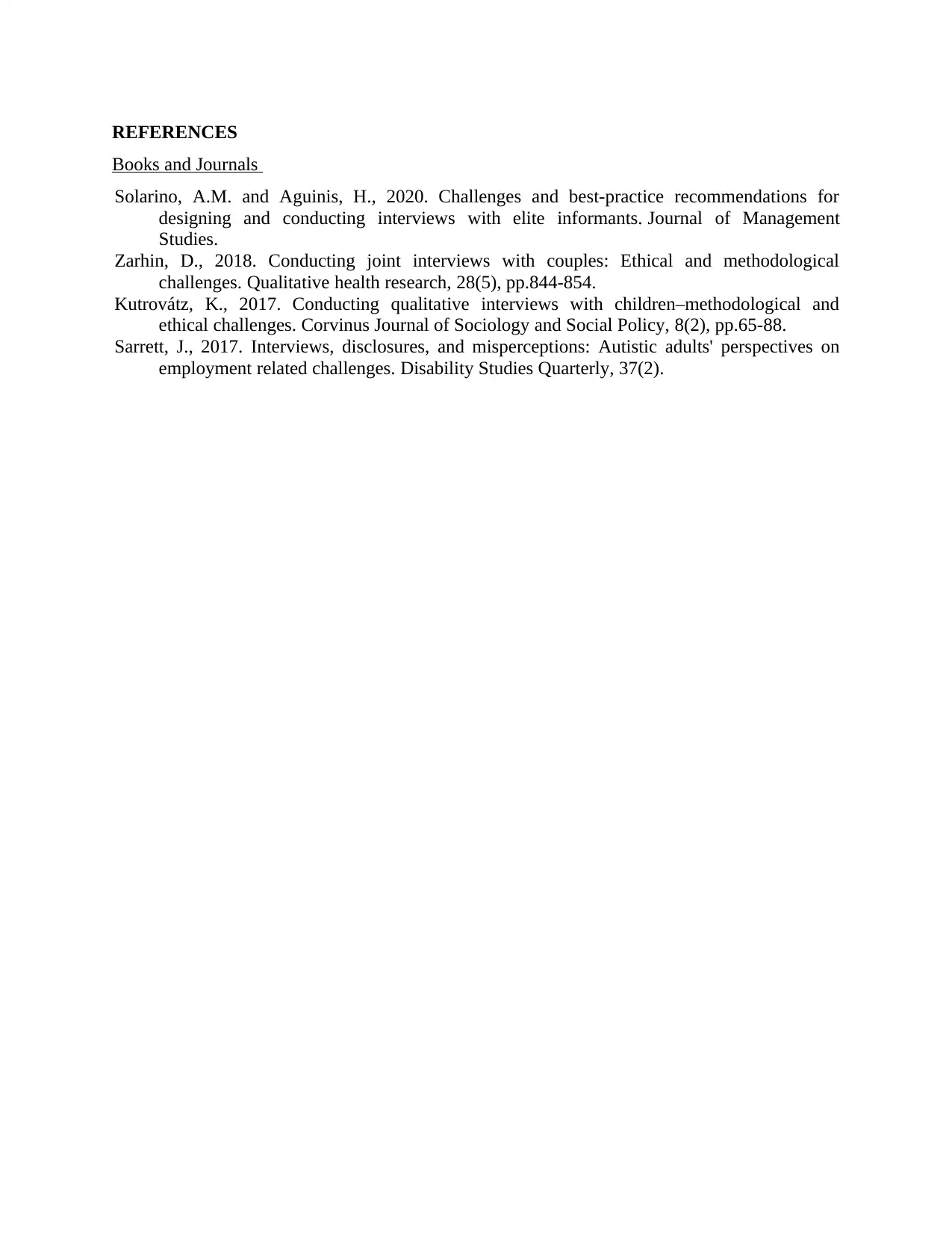





![[object Object]](/_next/static/media/star-bottom.7253800d.svg)